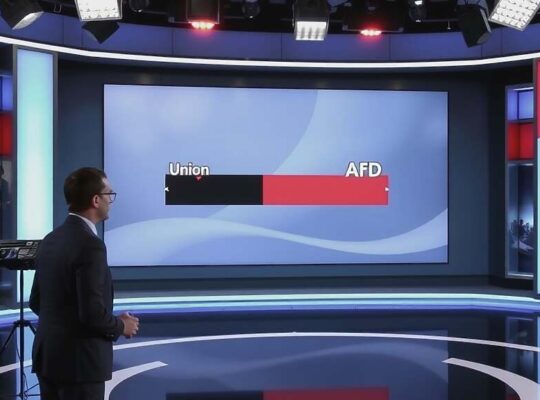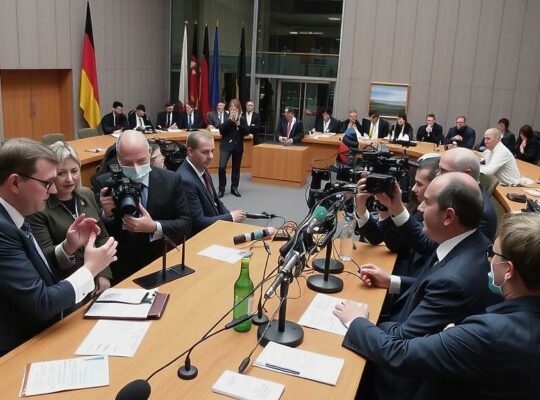In a recent survey, half of German respondents (50 percent) believe the current sanctions available under the Bürgergeld (citizen’s income) are appropriate. The “Deutschlandtrend” poll conducted by Infratest among 1,312 eligible voters between Monday and Wednesday of this week revealed that just over a third (35 percent) favor stricter sanctions, while 12 percent feel the current sanctions already go too far.
The existing regulations allow for the suspension of Bürgergeld for up to two months if able-bodied recipients repeatedly reject suitable job offers. The federal government is now planning to intensify these sanctions. In 2019, the Federal Constitutional Court ruled that sanctions exceeding 30 percent are unconstitutional, citing the principle of the social state and human dignity and that sanctions must not last longer than three months, with exceptions for special hardship cases.
As part of an upcoming reform of the Bürgergeld, the government also intends to reintroduce the principle of “Vermittlungsvorrang” (placement priority). This would prioritize the swift placement of jobseekers into new employment over qualification measures. The survey found that 48 percent of respondents support this prioritization, while 47 percent believe qualification measures are more important.
Support for the placement priority varies across political affiliations. Supporters of the AfD (62 percent) and the Union (59 percent) both favor the priority, while around three-quarters of Greens (78 percent) and Left Party (73 percent) supporters would prioritize qualification measures. Members of the governing SPD party are more divided, with 50 percent considering adequate qualification and further education more important than rapid job placement (46 percent).
The announced increase in the minimum wage is considered appropriate by nearly half of Germans (46 percent). The wage floor is set to rise from the current 12.82 euros per hour to 13.90 euros next year and then to 14.60 euros in 2027. However, 25 percent of respondents feel this increase is insufficient, while 24 percent believe it is excessive.
Approval for the minimum wage increase is highest among SPD supporters, with two-thirds (67 percent) considering it appropriate. A majority of Union (55 percent) and Green (53 percent) voters also agree. Conversely, a relative majority of AfD voters (44 percent) find the increase excessive, while 51 percent of Left Party supporters believe it is not sufficient.












